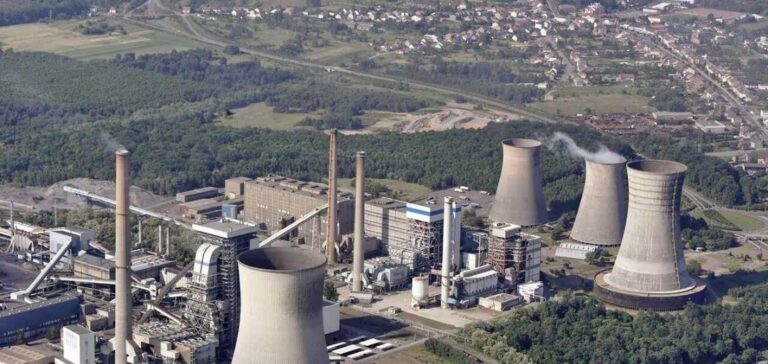The Senate has passed legislation paving the way for the transformation of the Emile Huchet thermal power station in Saint-Avold, Moselle, to operate on natural gas and biogas. This unanimous decision by the upper chamber comes amid intense mobilisation by workers concerned about the site’s industrial future. GazelEnergie, the plant’s owner, has expressed willingness to invest in the conversion, following a 2023 pledge by President Emmanuel Macron to complete the transition by 2027.
A government-backed initiative
Senators from Moselle, who submitted the bill, were backed by the government in removing a legal barrier that had hindered the project’s progress. Senator Khalifé Khalifé (Les Républicains), the bill’s lead signatory, highlighted the goal of phasing out coal while safeguarding local employment and securing tens of millions of euros in investment. Saint-Avold is one of the last two coal-fired power plants still in operation in France and plays a key role in meeting peak winter electricity demand.
Exclusion of oil-fired plants
Recent committee amendments to the bill, which would have extended the scope to include oil-fired power stations, raised concerns among workers and local officials that Saint-Avold might be sidelined. The final text explicitly excludes such facilities, limiting eligibility to plants operating on coal, peat or oil shale, in line with European Commission criteria. Minister Delegate for Industry Marc Ferracci stated this balanced wording was intended to avoid any windfall effects.
Extension to Cordemais
Additionally, the adopted bill includes a provision requiring Électricité de France (EDF) to submit a conversion plan for the Cordemais power station, also slated for closure. This follows a cross-party initiative led by senators from Loire-Atlantique. The bill will now proceed to the National Assembly for debate starting on 7 April, marking the final legislative phase before implementation.






















